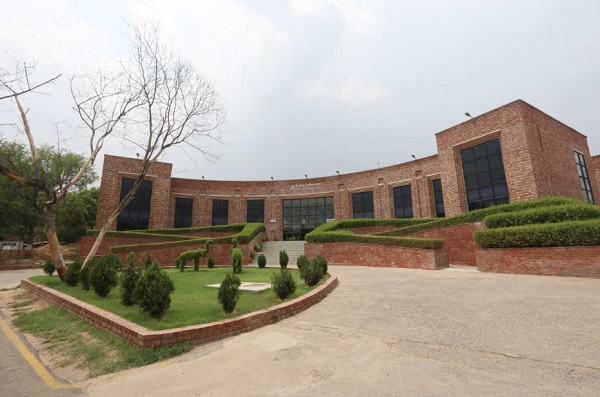New Delhi, (Samajweekly) Delhi Police said on Wednesday that they have received cross complaints from both Jawaharlal Nehru University Students’ Union (JNSU) and the Akhil Bharatiya Vidyarthi Parishad (ABVP) a day after high drama prevailed on the Jawaharlal Nehru University (JNU) campus on Tuesday night, with JNSU members alleging that they were attacked with stones while watching a controversial BBC documentary on Prime Minister Narendra Modi.
A senior police officer said they have received cross complaints from JNUSU and ABVP, which are being looked into, adding that further action will be taken accordingly.
Two students have alleged that they were harassed and assaulted by the JNU students’ union members. However, the claims were rejected by JNUSU president Aishe Ghosh.
Ghosh claimed that ABVP members threw stones at a gathering watching the BBC documentary, and the two complainant, both ABVP members, were not harassed.
A section of students under the banner of JNUSU had distributed pamphlets for the screening of the documentary at 9 p.m. on Tuesday. Several students had gathered at the JNU students’ union office for the screening of the BBC documentary.
However, the electricity connection at the JNUSU office was snapped on Tuesday and students said that they were watching the documentary on their cellphones when stones were pelted on them.
Gaurav, a second-year post-graduate student and an ABVP member, claimed that he was assaulted by JNUSU members though he did not pelt stone on them.
“Me and my friend were going for tea when we noticed a gathering of several people on the campus. Soon, we were surrounded by some students who grabbed me and even dragged me. I am a heart patient and have anxiety issues. But still they harassed me,” said Gaurav.
Late on Tuesday night, scores of students had also marched to the Vasant Kunj police station to lodge a complaint against the alleged stone pelters while raising slogans against the JNU administration.
The JNU administration was of the view that “such unauthorised activities on the campus may disturb peace and harmony” in the university. However, even after the warning, when the students remained adamant, the university administration decided to disconnect electricity and internet connection.
The varsity had earlier stated that no prior permission was sought from the JNU administration for the screening of the documentary.
Meanwhile, ABVP’s JNU unit president Rohit Kumar said the students’ body “welcomes the instructions to stop the screening of the documentary”.
“The BBC has been working to tarnish the image of India by making documentaries with fake agenda,” he said.
The Central government had earlier termed the BBC documentary as propaganda against the Prime Minister and the country.









